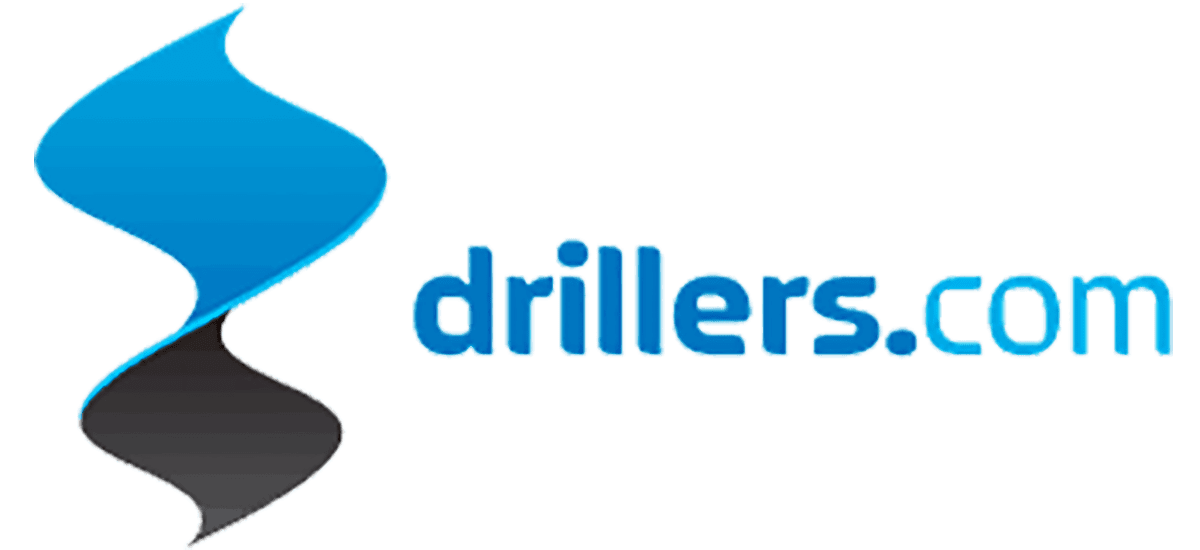Day 1
Labelling Well Problems
- Registration and Welcome (Coffee & Tea)
- Workshop purpose and introductions -Group exercise: Establish individual goals & objectives
- 1.1 Optimising (loss control) within well operations -Icebreaker, group discussion and exercise
- 1.2 Well hazards, risks and ‘problem’ avoidance -Group exercise
- Work group WG1: hazards and risks workgroup exercise -Labelling, prioritising problems, associating risks, begin to work mitigations
- Close out -Debrief of Day 1

